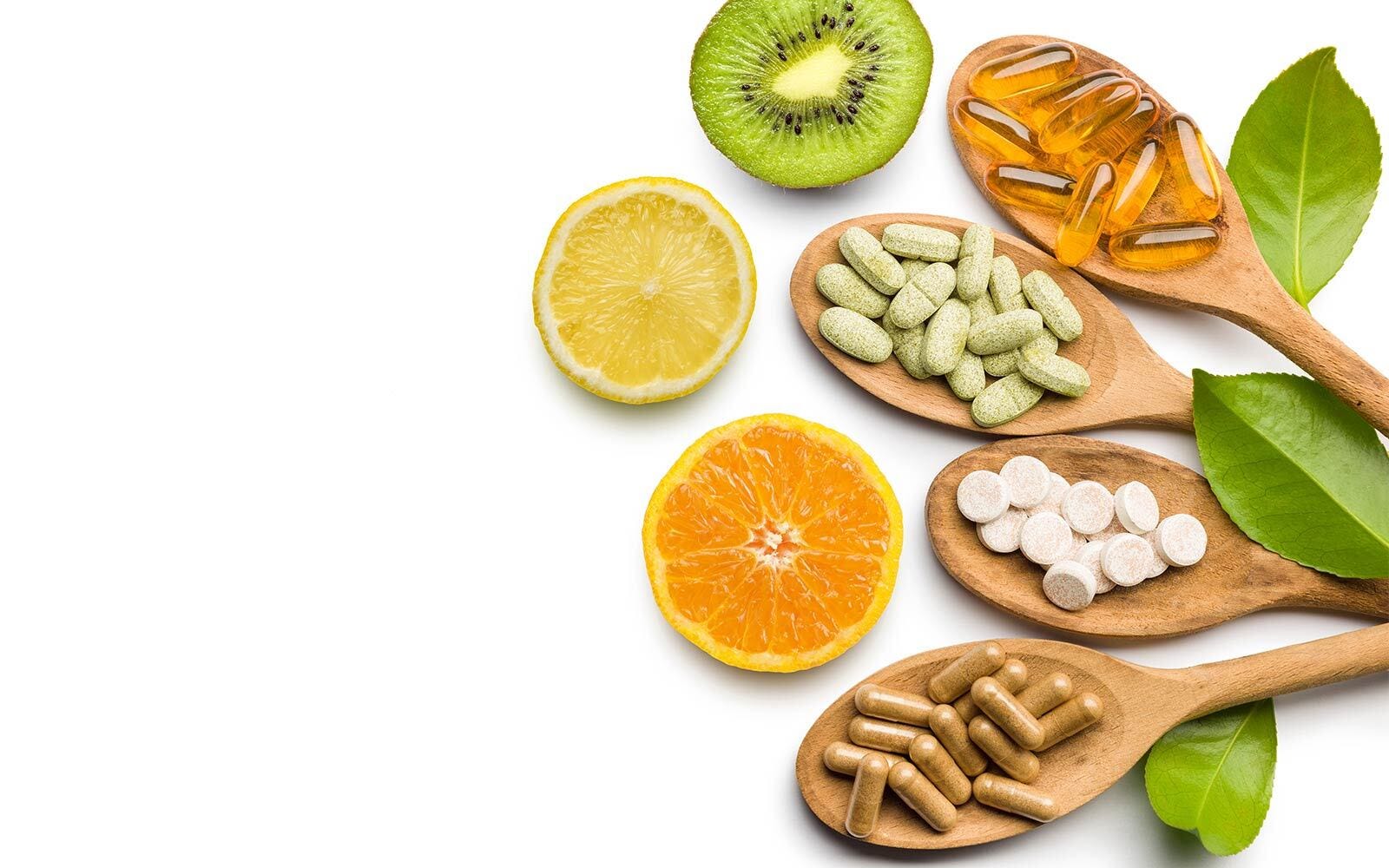What Vitamins Should I be Taking?
Curious about what vitamins and minerals do for you? Learn more about these powerful micronutrients and explore their functions.

We know our bodies need a range of vitamins and minerals each day in order to stay healthy. But have you ever wondered: what is the function of each vitamin and mineral?
Vitamins and minerals are organic compounds that our bodies use for a range of metabolic processes that are going on constantly, such as breaking down our food and using it for energy or storing it for later. They’re known as ‘micronutrients’ – meaning, we only need them in small amounts.
In an ideal world, we’d get all our vitamins and minerals from the healthy and unrefined foods we eat, but sometimes our diet may be lacking, or we may have other lifestyle factors to consider. That’s when a supplement may be helpful.
So – what are the vitamins and minerals you should pay particular attention to? Let’s take a closer look.
Why Your Vitamin Intake May Need a Boost
There are several reasons you may need to boost your vitamin levels:
-
Diet – perhaps you’re busy and relying on convenience food, or you might have some budgetary constraints that prevent you from shopping as you’d like to.
-
Lower nutritional value – studies show that fruits and vegetables grown today have lower amounts of nutrients than they did 50 years ago because of changes in agricultural practices.
-
Lifestyle – sometimes our daily vitamin and mineral requirements may change; for example, if we’re pregnant or breastfeeding, on a diet, or drinking alcohol to excess.
Just remember, the vitamin supplements do not replace a balanced diet!
Key Vitamins and Minerals
The amount of each vitamin and mineral you need can vary depending on your gender, age and other lifestyle factors. Here are some of the most important vitamins and minerals:
Vitamins
-
Vitamin A
Found in leafy greens, liver, eggs and some fortified milks, a deficiency in vitamin A can lead to increased risk of infections, night blindness and keratin build-up in the skin. -
Vitamin B
B-group vitamins help our bodies use nutrients for fuel, and some also help our bodies make new neurotransmitters. Most can’t be stored by the body, so we need them regularly. B-group vitamins include:-
thiamin
-
riboflavin
-
niacin
-
folic acid
-
cyanocobalamin (vitamin B12)
-
-
Vitamin C
Our bodies can’t make vitamin C, so it’s important to consume it regularly for processes like collagen formation, antioxidant function, iron absorption, and infection fighting. Vitamin C can be found in a range of fruits and vegetables. -
Vitamin D
We can get vitamin D from ultraviolet rays from the sun, and also from some foods like fatty fish, eggs and some margarines. A lack of vitamin D can cause bone density issues including osteoporosis. -
Vitamin E
We need vitamin E to protect our bodies against free radical damage. It also helps our vision, immune system and skin. We can get vitamin E from foods such as meats, egg yolks, leafy greens, nuts and seeds.
Minerals
-
Calcium
We need calcium to keep our bones and teeth strong, and to regulate heart and muscle function. Sources of calcium include dairy products, almonds, bok choy, kale, parsley and broccoli. -
Iodine
Essential for supporting your metabolic rate, iodine is found in foods such as dairy, iodised salt, seafood, seaweed and eggs. -
Iron
We need iron to help transport oxygen through our blood, and to help the immune system fight infections. One in eight people don’t have enough iron; groups susceptible to iron deficiency are babies and young children, teenage girls, women with heavy periods, and vegans and vegetarians. Iron is found in foods such as red meat, fish, poultry, legumes, eggs and fortified breakfast cereals. -
Zinc
Found mostly in protein-rich foods, zinc is crucial for a range of bodily functions including growth, development and immune function. Zinc is found in red meat, shellfish, poultry, dairy products, whole grains and fortified cereals. -
Magnesium
Helping us to maintain bone health and convert glucose to energy, magnesium is found in nuts, legumes, dark green vegetables, seafood, wholegrains and chocolate. -
Potassium
Found in bananas, apricots, mushrooms, spinach, nuts and seeds, potassium helps our nerves, muscles and heart to work properly.
Always read the label and follow the directions for use.
Too Much of a Good Thing?
Can you take too many different vitamins? While taking vitamins at or near their recommended level is unlikely to cause harm in most instances, there are some cases where taking too much can be harmful. For example, there are potential toxic side effects associated with overdosing on some nutrients.
When taking any vitamins or nutritional supplements, it’s important to follow the recommended dose on the bottle. Those amounts are recommended by the National Health Medicine and Research Council (NHMRC) and those limits are backed by research and evidence.
Always read the label and follow the directions for use.
Tailored Multivitamins: A Closer Look at Formulations for Women and Children
Women and children can benefit from taking specially formulated vitamin and mineral supplements.
Explore the necessity of multivitamins for women in our article, "Multivitamins for Women."
Discover valuable insights on children's multivitamin supplementation in our article, "Kid's Multivitamins."







